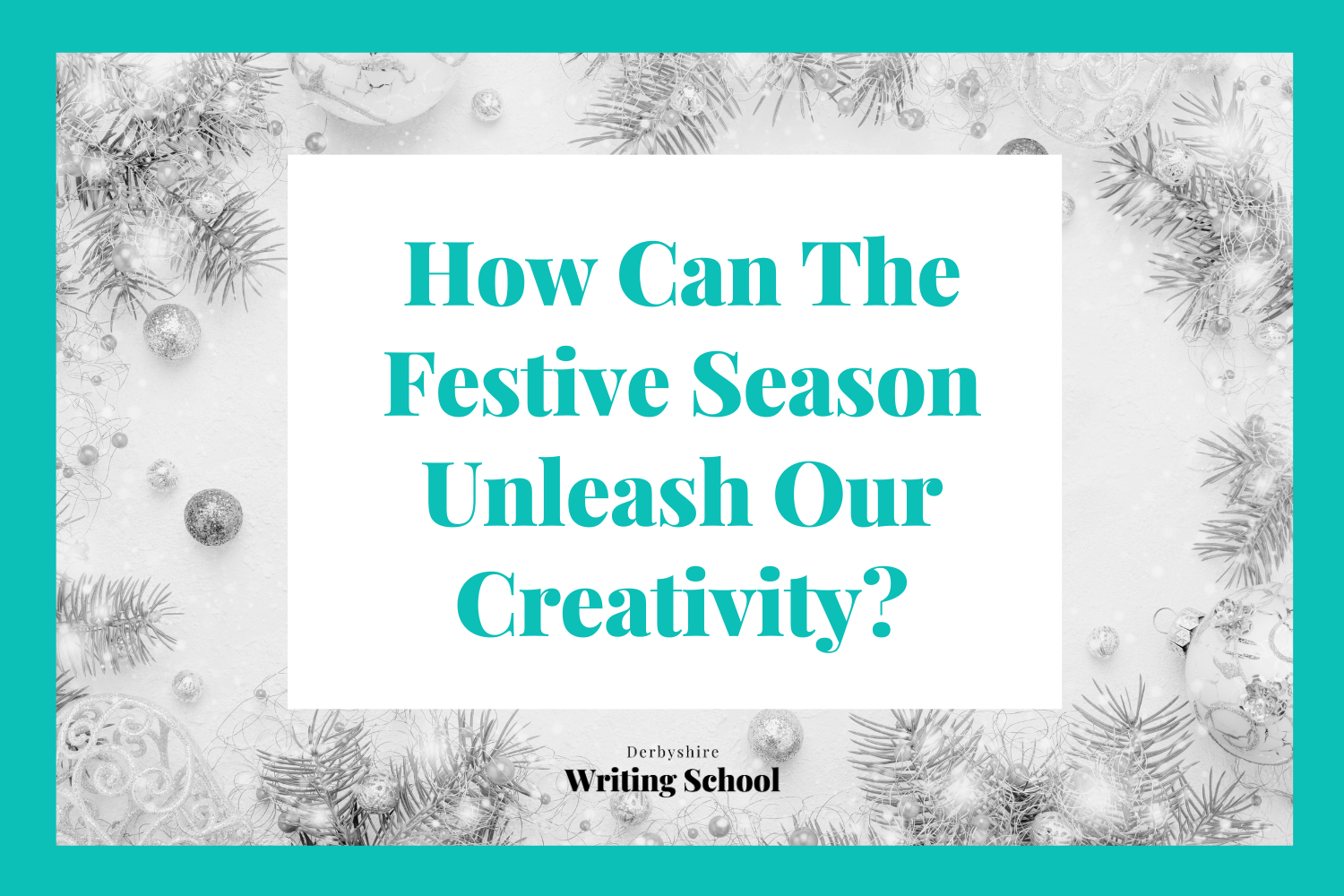How Can We Add Creative Courage To Our Writer’s Toolbox?
As writers, we constantly have the chance to demonstrate courage. Not only do we get to experience it within a personal sphere, but we can practise creative courage too. But how exactly is this done?
By embracing the journey of discovery through the unknown. By not giving in to our fears or reservations, but by pushing through them. It can seem daunting, but with faith and self-belief, you have all the right tools. This blog will explore some creative writing tips to help build your creative courage.
Let’s dive right in...
4 ways to increase your creative confidence as a writer
Honesty
It’s easy to get distracted by life, and everything that comes with it. Work, kids, illness. Whatever it may be, sometimes we don’t get to have that precious snippet of time for ourselves, time to digest how we’re really feeling.
Fifteen minutes a day journaling, or, twenty minutes spent completing morning pages, can help to cleanse the flurry of thoughts and feelings that buzz around in our minds. It’s this kind of openness with ourselves, sharing how we really feel with the blank page, that can seem scary, but, it can be incredibly rewarding. It can enlighten, teach, and clarify.
Being completely honest with yourself can allow for more authentic writing too, as our work will carry that genuine spark of emotion that flows through us. There is a richness in our real emotions and feelings, which can’t be found anywhere else. Try to embrace all your feelings, even those more painful, or difficult ones. With practice, accessing that creative courage will become easier.
As Doreen Virtue writes in her book The Courage To Be Creative, ‘be a prospector mining for diamonds among the field of your feelings. Each negative emotion is a jewel that will shine the light for others to heal.’ From acknowledging these difficult feelings, our creative courage will only grow.
This self-honesty also has the potential to open the door to creative growth. By developing our emotional awareness, we have access to a greater source of material for our creativity. The creative courage we develop will help us become more comfortable with digging inside ourselves, with searching for that powerful material.
2. Welcome mistakes
Creative courage can also involve acknowledging that it’s okay to make mistakes. Our writing doesn’t necessarily have to be perfect. For example, we can’t guarantee commercial success, but, creative courage enables us to get past that fear of failure, and let our creative spark guide the way.
It takes personal and creative courage to embrace mistakes. However, there is great power to be drawn from them. We can learn to show fearlessness in our writing and to take risks. We can find ourselves discovering a whole new realm of possibilities, that we might have been too frightened to explore before. We are adding a new bow to our writer’s mindset.
It’s important to remember that nobody gets it right all the time. Especially in the writing industry, mistakes and rejection are a huge part of the process. But by reminding ourselves that we’re not alone in these circumstances, we can build up our resilience, build our creative courage. We can come to take them as learning experiences, instead of negative ones.
By embracing the power of mistakes, we can shift our mindset to one where we see the growth and courage gained from them, rather than criticising ourselves.
3. Embrace flow
Overthinking can create blocks within our creative work. But one way you can learn to start challenging this is through embracing creative flow. This involves rejecting resistance and allowing ourselves to explore whatever creative path our words are taking us down.
It helps build our creative courage, as it urges us to embrace what might be, instead of focusing on fear that our work might not be good enough.
When we experience this flow, it can feel like we’ve gained a new energy. We feel lost in that particular moment, and our creativity runs and runs. There is no reason why all of us can’t share in this amazing experience. We just need to learn to silence that inner critic sometimes and let ourselves write.
As Doreen Virtue explains, ‘instead of “deciding” how a project will go, you will follow guidance step-by-step at the moment.’ By letting go of that sense of control, we develop creative courage to trust the moment, to trust in the journey our writing is taking us on.
4. A New Perspective
We’re all capable of developing our creative courage. By acknowledging our feelings, taking risks, and embracing our creative flow, we stand to become much more familiar with the concept and its benefits. It doesn’t cost much. No money or training, just a new perspective. We know you’ve got it in you!
We’d love to hear examples of when you’ve demonstrated creative courage. Please get in touch and tell us your experiences!












